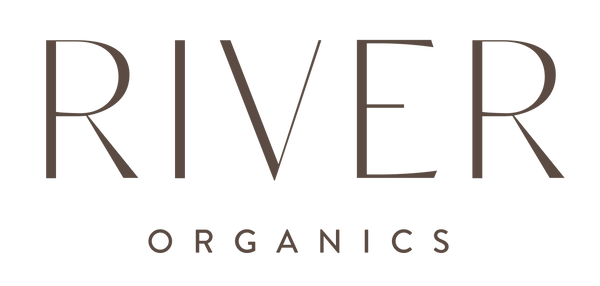
The Fragrance Myth: What “Clean at Sephora” Isn’t Telling You
Fragrance is everywhere in beauty. From your favorite lipstick to scented lotions, it’s the invisible ingredient that makes products irresistible—but it’s also one of the most controversial. Despite the boom in “clean” beauty, fragrance remains largely unregulated, and labels like “Clean at Sephora” don’t always mean what you think.
One issue that often goes unnoticed is alcohol. Many fragrance-heavy products list alcohol as the first ingredient. It evaporates quickly, carrying scent, but it can also dry out your skin, irritate lips, and amplify sensitivity all while giving the illusion of a light, luxurious formula. Even “clean” products aren’t immune if they rely on alcohol as a carrier.
The popularity of clean fragrance has exploded in recent years. Consumers want safe, non-toxic scents, and brands are responding with essential-oil blends and botanical aromas. Yet the industry’s definition of “clean” is murky. While Sephora’s Clean at Sephora list excludes parabens, formaldehyde donors, and certain sulfates, it does not ban synthetic fragrances, meaning many products marketed as clean can still contain dozens of undisclosed chemicals.
That’s where truly transparent brands stand out. Leaders in clean fragrance, like Leahlani, openly disclose all their scent ingredients, using plant-based oils and natural isolates rather than vague “fragrance” labels.
At River Organics, we’ve embraced this philosophy in our botanical scent balms. Each balm is carefully crafted with plant-based oils and real botanicals, offering a naturally uplifting scent while nourishing your lips. No hidden chemicals, no synthetic fragrances, no harsh alcohol just clean, conscious indulgence.
In a market saturated with marketing claims, fragrance transparency is more important than ever. Don’t be fooled by “clean” labels that leave out the details.
